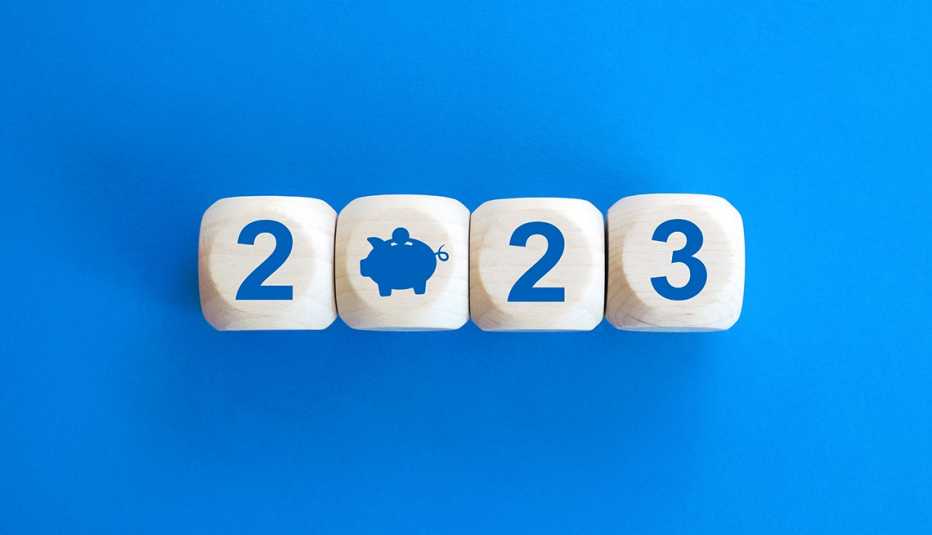AARP Hearing Center
To financial planners, taking an early withdrawal from a tax-deferred retirement account is nearly as bad as planning on winning the lottery to pay your child’s college tuition. But sometimes, an early withdrawal is the best of many bad choices — and Congress has made it a bit easier to take money from your retirement account, penalty-free. You’ll still have to pay taxes on what you withdraw, however.
What’s wrong with tapping your 401(k) or IRA? In most cases, taking money from a traditional IRA, 401(k) or similar tax-deferred account before you reach age 59½ will mean you owe a 10 percent penalty on the amount you withdraw, as well as taxes on the entire amount you take out. (In tax lingo, these are “non-qualified distributions.”) Let’s say you’re in the 25 percent tax bracket and you pull $10,000 from a traditional IRA. You’d owe $2,500 in taxes plus a $1,000 penalty — a total of $3,500.
That’s not just an expensive way to get money. Taking an early withdrawal reduces your overall retirement earnings as well. Left in your account for, say, 10 years with a 7 percent return, $10,000 would be worth $19,672. After 20 years at the same rate, you’d be missing out on $38,697.
You can withdraw your principal from a Roth IRA at any time without penalty — and since you’ve already paid the taxes on your contributions, you won’t owe additional taxes. The rules for Roth 401(k)s are different: The IRS assumes you’re withdrawing a prorated amount of principal and earnings, and you’ll pay the penalty and the tax on the amount deemed to be earnings. Say you have $25,000 in your Roth 401(k) — $20,000 in contributions and $5,000 in earnings. Your earnings are 20 percent of your account. If you take an unqualified distribution of $10,000, you’ll owe taxes and penalties on $2,000.
Despite the penalties, more people are taking hardship withdrawals — pulling money from a retirement account early to meet what the IRS terms an “immediate and heavy” financial need — as inflation squeezes household budgets.
Such withdrawals were up 24 percent for the year ending Sept. 30, according to a survey by Empower Retirement, one of the biggest administrators of retirement funds. Another fund company, the Vanguard Group, reported that hardship withdrawals among its account holders hit an all-time monthly high in October.
How to dodge the 10 percent penalty
There may be times when a financial emergency arises and borrowing money is a mistake, especially given the sharp rise in credit card rates. Thanks to recent legislation, tapping your 401(k) is a bit easier.







































































